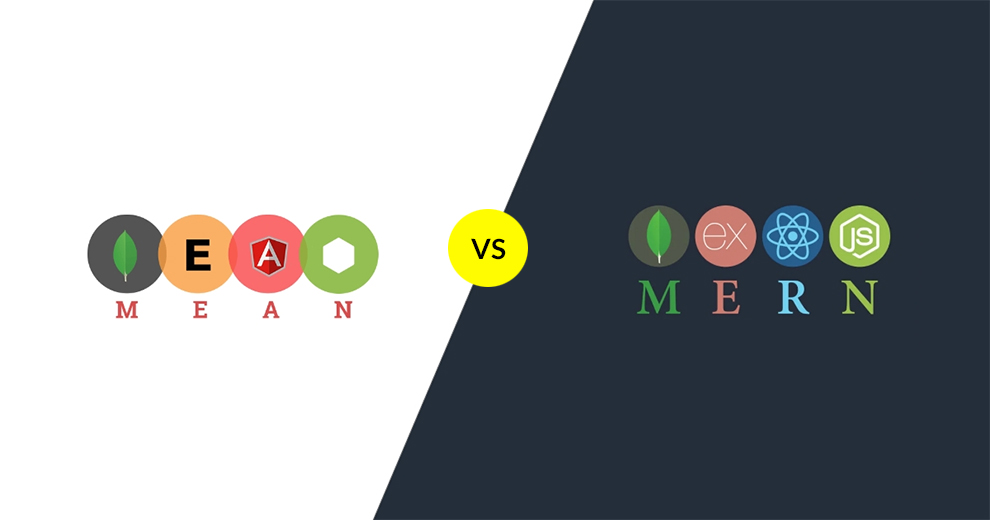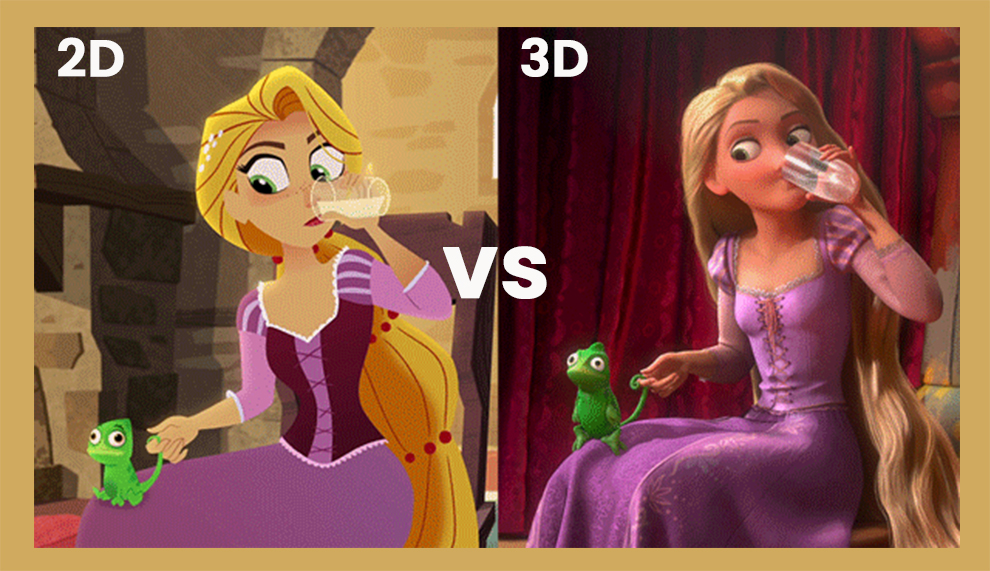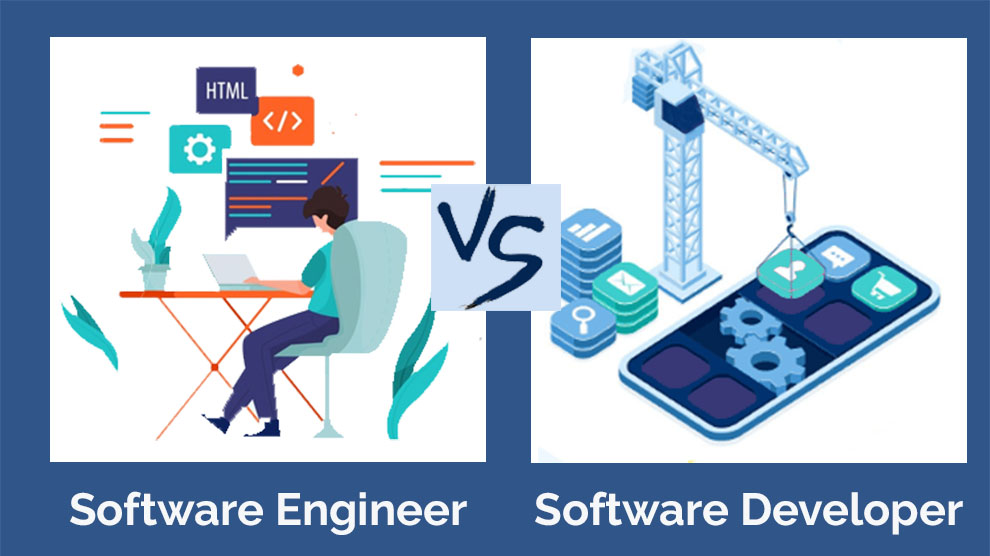With top grade university tie-ups and industrial experts on board, Coursera ranks much better than Udemy. Udemy can be your pick only if you enjoy non-structured, freestyle learning for beginner level information, a hobby, or brushing up existing skills.
It is a tough call between Udemy and Coursera, the two of the most prominent digital learning platforms. Though there are many similarities between the two, there are also several differences that make one better than the other in certain aspects.
If you have an option to choose between Udemy Vs Coursera and budget is no constraint, we would suggest you to go for Coursera because of its worldwide credibility.
Since Coursera primarily hosts professors from recognized educational backgrounds and those with prior experience, people usually think of it as superior to Udemy, which does not demand instructors holding an academic background or experience to teach what they teach.
Moreover, Coursera has a monthly subscription, while Udemy charges per course. So, students seeking multiple courses and quality can pick Coursera over Udemy.
Unlike Udemy, Coursera has several online degree courses, too, but these are relatively costlier and can cost $25000 and upwards. So, for you what is better, Coursera or Udemy?
Udemy’s strength lies in the assortment it brings to the table. This digital learning platform offers over 204,000 learning options. But Coursera does not lag. They have a massive variety, and you can pick between their regular classes to degree courses and specializations.
One standout feature about Coursera is that it is affiliated with over two-hundred companies and universities. Now, continue reading as we review both platforms and help you choose from Udemy vs Coursera.
What Is The Difference Between Coursera and Udemy?
| Attributes | Udemy | Coursera |
| Pricing | Udemy is cheaper because most of the times you can get its courses available on sale. But, keep in mind that without offers Udemy courses are not exactly cheap per se. | Coursera is more pocket-friendly on the face value, and the certification costs $49 on average but compared to Udemy, it always ends up being more costly as it rarely has any deals. |
| Accreditation & Affiliation | Not accredited | Accredited with top companies and universities worldwide |
| Course Range | Regular courses | Regular courses, degree courses, specializations |
| Specialization in Subject Areas | Not available | Available |
| Professional Certificates | Yes | Yes (more valuable) |
| Community support | None but in some courses, you get instructor support | Forum support available |
| Refund | 30-day Refund Policy | 14-day Refund Policy |
| Ease of use | Udemy’s design is straightforward. | Coursera’s design can feel overwhelming with the abundant information. |
| Visit Udemy | Visit Coursera |
How Is Udemy Different from Coursera?
Below we will discuss a detailed review and help you decide, which is better, Udemy or Coursera, but if you are pressed for time, here is a quick summary of how both platforms differ:
|
Udemy vs Coursera – Pricing and Affordability
On the surface, Coursera may seem cheaper, but in most cases, Udemy is cheaper than Coursera because of the many deals and offers.
Both Coursera and Udemy offer high-level knowledge at pocket-friendly rates. But to ascertain whether Udemy is cheaper than Coursera, we will compare the subscription pricing for the two.
Once Udemy’s trial window ends, it charges $19.99 monthly, and Coursera charges $59 for the same period. For instance, a software development class on Udemy will be only $14, but a similar session will cost between $29 to $59 on Coursera.
However, you can bag financial aid from both of these platforms. Udemy lets you bag financial aid for a new course or as a new user. You can request an instructor for it on chat and receive a confirmation.
But Coursera lists the alternatives for financial assistance. You can click on the scholarship information or financial aid and submit your application. You will have to mail the letter and wait for the final review. If your application gets selected, you will bag the aid.
Udemy Vs Coursera Certificate Value – Are Coursera Certificates Worth More Than Udemy?
The certificate from Coursera is superior to Udemy’s certificate of completion. Coursera certification is widely acclaimed in the industry and is accredited by top universities. Hence, they are regarded as par with university courses.
On Coursera majority of the courses are drafted by professors from recognized educational institutions and professionals with several years of industry experience.
On the contrary, Udemy does not state specific requirements for the professionals conducting courses on their platform.
But are these certifications by Udemy worth it?
The Udemy courses will bag you a completion certificate that can help showcase your skills to prospective employers. But please note these certificates are only available for paid courses.
Moreover, Udemy has no collaborations with accredited universities or colleges. Hence, a potential employer will not recognize them. But this certificate will give you an advantage over those sans any certification, especially if you are applying for a beginner-level job.
But in terms of Udemy vs Coursera certificate value, Coursera certificate is seen in a better light because of the professionals who offer you the necessary training.
Variety of Courses – Who Wins Coursera or Udemy?
Udemy has more courses, but Coursera has better quality classes.
Udemy has a vast selection of classes. The company categorizes its courses into thirteen main sections and various sub-sections. They have the most advanced filtering system, which makes it easier to find the course you seek by filtering them on price, students’ feedback, duration, language, and level.
You can easily read through the reviews under each lesson, which will educate you on the course structure and instructor before paying for the class.
On the contrary, Coursera has some 7000 courses and a few degree courses and specializations. They have eleven categories with several subcategories. After selecting the subject, you can utilize their filtering system to find the specific class.
Once you find your desired course, navigate through and explore the reviews to get an insight into the session.
Udemy vs Coursera – Course Up to Datedness
Udemy lets the instructors update their courses as and when they like to keep them relevant and current. They can add new material and make amends as needed. But there’s no guarantee. However, Coursera is affiliated with professional partners and universities. Hence, they almost always keep the sessions up-to-date.
When choosing between Coursera and Udemy courses, one factor that almost always goes overlooked is checking how well the instructor and the platform update their sessions.
Even though Udemy allows the instructors to create modifications as needed, there is no guarantee that they implemented these changes. Moreover, the rate at which the new courses emerge gives students more options to pick from, even when the older ones are not updated.
But such is not the case with Coursera. They always attempt to keep their classes in line with industry trends. So, their sessions are more relevant and modernized. However, since Coursers depends on these partnerships for releasing lessons, it slows down its response to the problem with courses because their amends happens via partner organizations, and they do not do it themselves.
Instructors – Which Is Best, Udemy or Coursera?
Coursera has more educationally qualified instructors and every course is taught by an expert from that field only.
Coursera has some of the best instructors in the industry. You will find professors from Oxford, Princeton, Harvard, and MIT. They also have experts from companies like Meta, Google, and IBM. They have an experience in training young minds and know how to deliver classes in-person and online.
On the contrary, Udemy does not have many Ivy League professors associated with them. They are merely entrepreneurs or independent course crafters, primarily people skilled in fields willing to share their knowledge and expertise.
The mere association of instructors and professionals with the top and recognized industry names does it for us. But that does not mean that Udemy classes are any inferior. Their instructors also have an engaging and top-notch delivery, but the absence of big names keeps them slightly short.
Credibility – Is Coursera Better Than Udemy?
Yes, Coursera is much superior because it offers accredited certifications, which can make a difference in your resume and elevate your chances of landing a job.
On the contrary, Udemy is an excellent platform to acquire new skills, but it is not credible enough that you end up listing your certificates from Udemy on LinkedIn or in your resume. Even though some classes offer credible certifications, they are not accredited.
When you take a session from Udemy, you walk away with some excellent skills and knowledge, but you won’t always be able to show off this certification or employ this class to move ahead in school or at work. You solely have to depend on these new skills.
The sole exception here is Udemy for Business. It gives businesses adequate professional training for the teams. These courses are designed exquisitely to help you develop new skills. Hence, they are a league ahead of the typical Udemy classes.
On the Contrary, Coursera is associated with college professors and universities. So, what they teach you is authentic and impactful for your CV. Moreover, all of their classes offer digitally accredited certifications.
You can share them on LinkedIn, add them to your resume, or on the website. Thus, they elevate your chances of landing a job. However, the certification is available when you pay for the class and not when you audit for free.
Learning Style
Where Coursera gives you a more structured learning experience, Udemy hands the reins to you to enjoy learning at your pace. So, the choice primarily depends on how you choose to learn.
Some students perform well with proper structure and guidance, while others learn autonomously.
In Udemy, the classes are primarily self-paced. So, you can learn at your pace in the video lectures prepared by the instructors. The instructor has everything ready, from the guides and videos to the articles, but how and when you learn depends on you.
After paying for the class, you will receive all the materials necessary to educate yourself on the subject, and they all come with lifetime access. One significant benefit is you have no pressure to wrap the class or follow a timetable. You can enjoy learning at your convenience.
On the contrary, Coursera may be the pick for you if you prefer a structured learning platform. They function like online classes. So, there is a fixed date by which you must enroll, and the instructor will follow a syllabus.
Thus, there will be a specified time to take the lectures, work on the assignments, finish homework, interact with other students, receive feedback, and make amends. So, whether you pay for the class or audit it, you follow a timetable to complete it. Thus, you must join if you are willing to dedicate actively to the session.
Udemy Vs Coursera – Course Structuring and Duration
Coursera classes are better structured than Udemy. But they are also longer than Udemy classes.
The classes from Coursera are structured in a traditional university-style curriculum format. So, the instructors will first form your foundation of the topic and then gradually take you more in-depth to progress to advanced topics.
Hence, you get an MIT or Harvard-like experience from the comfort of your home. This pathway is much similar to the institute-like experience. Moreover, Coursera has several degree-rewarding programs and specializations comprising many related courses. These usually go on for a year.
On the contrary, Udemy has more skill-centered, quick-impact, action-oriented classes. They are not like typical academic courses and do not offer in-depth knowledge. For instance, there are sessions that impart complete MBA program knowledge in less than 12 hours.
Of course, Coursera has a better structure in the classes. But the choice from Coursera or Udemy depends on the purpose of taking the class. If you need a quick review on the subject, you will opt for Udemy, but if you need a detailed, step-by-step learning experience, Coursera is better.
Which Platform Is Easier To Navigate?
Udemy has the most straightforward navigation, whereas the length of information on Coursera makes it challenging to access the class you seek.
On Udemy, you can explore the classes either through the Category section or where the Top Categories are listed at the bottom. On the contrary, in Coursera, the information is exclusive but feels overwhelming for new users.
So, is Udemy better or Coursera? One hundred percent! Udemy is more straightforward, whereas Coursera can feel a little overwhelming to use.
Related Learning Platforms: DataCamp vs. Codecademy | edX vs. Udacity | Skillshare vs. LinkedIn Learning | Udemy vs Pluralsight| Alison Vs Coursera| CreativeLive vs Skillshare| DataCamp vs Dataquest| CreativeLive vs Skillshare| DataCamp vs Coursera
Udemy: Pros and Cons
| Pros | Cons |
|
|
Coursera: Pros and Cons
| Pros | Cons |
|
|
When To Choose Udemy and When To Go For Coursera?
Choose from the popular online Udemy courses when:
- When you are just learning something as a hobby or brushing up your old skills.
- You wish to learn skills in a short span.
- You enjoy fast-paced learning.
- You want to study with a professional having real-world experience in the field.
Online Coursera courses are the best when :
- You are ready to commit time and put in the effort.
- You seek in-depth knowledge.
- You wish to earn a university degree and credits.
- You aspire for classroom-style learning.
Which One Is Better – Udemy or Coursera?
Both Udemy and Coursera have their strengths and weaknesses. Hence, making a clear choice between the two can be tricky.
Broadly, Udemy is more affordable and flexible and has a lower overall risk because it comes with a 30-day money-back guarantee. Also, since it is self-paced and comes with lifetime access, the overall pressure to complete the class quickly is less. Hence, it is ideal for people starting or amateurs in a subject.
On the other hand, Coursera is for dedicated learners who wish to learn in a structured format and bag a job in the domain. They have accredited certifications, which improve your chances of success in the field and landing a job.
Bottom Line – Coursera ranks a little higher for us for the below-listed reasons:
- It is more trusted and credible platform.
- You get accredited certification.
- You learn in a structured, university-style format from professionals associated with top institutes.
- You can bag degree courses online from the comfort of your home.





